Vehicle Detection at Loading Docks
Improve Productivity and Efficiency
Vehicle detection at a loading dock can be used to quickly identify available bays, facilitate fast load and unload times by alerting staff when trucks are present, verifying vehicles are in the correct position before opening doors, and more.
These capabilities help imrpove productivity and efficiency at manufacturing facilities and warehouses.
Detecting vehicles at a loading dock can be difficult because of unpredictable weather and environmental changes. Sensors installed here are exposed to the elements and need to be able to withstand fluctuations in weather and ambient light.
In addition, truck surfaces are made of a variety of materials and come in a range of colors and sizes, which can be challenging for traditional sensors to detect reliably. A solution is needed that consistently detects trucks regardless of the color, reflectivity, or size of the vehicle.
There are a variety of technologies that can be used to solve these applications, including radar sensors, ultrasonic sensors, and fully wireless solutions. In addition, pairing a vehicle sensing technology with bright indicator lights helps staff quickly react when trucks arrive.
Application: A reliable solution is needed to detect presence the of large trucks at a loading dock even in harsh conditions and verify that trucks are in the correct position before the door is opened. to ensure the safety and security of the facility.
Solution: A radar sensor, like the QT50R high sensitivity radar sensor, uses Frequency Modulated Continuous Wave (FMCW) radar to ensure reliable detection of moving or stationary targets regardless of environmental conditions. Radar is an ideal solution for detecting large targets like semi trucks in outdoor environments.
Benefits: Radar technology is unaffected by weather conditions such as wind, rain, ambient light, etc. A radar sensor with a rugged housing built for outdoor use, reducing the need for frequent maintenance or replacement.
Application: A loading dock at a manufacturing facility needs to detect shipping trucks to improve dock efficiency. The commotion of a manufacturing plant can make it difficult to quickly capture the attention of staff when a vehicle arrives.
Solution: A wireless ultrasonic sensor uses sound waves to detect when trucks arrive at the warehouse loading dock. A high-visibility tower light, like the TL70 tower light with audible alarm, both visually and audibly alerts staff that the vehicle has arrived and is ready to be loaded or unloaded.
Benefits: Pairing wireless sensors and indicators together makes it easy to quickly and clearly communicate when vehicles arrive at the dock. Rugged sensors from Banner can withstand harsh outdoor conditions.
Application: Errors and delays at the loading dock can cause problems throughout the supply chain. Identifying available bays on the loading dock and directing staff to the correct bay when a delivery has arrived can improve turnaround time and reduce errors. Performance data from the loading dock can help supervisors make more informed decisions regarding staffing, scheduling, and equipment allocation to improve efficiency and performance.
Solution: A wireless magnetometer reliably detects vehicles by detecting changes in the magnetic field. Status information can be sent wireless using a wireless controller inside the facility. The controller counts each arrival and departure at a bay, logs the time at which the event occurred, and relays any change in status to one of several network-connected tower lights.
Benefits: Data can be accessed later and can be used to track and improve turnaround performance, identify inefficiencies and process issues, and allow supervisors to make smarter decisions about their staff and equipment.
Radar Sensor
Sensores basados en radar de alta sensibilidad ideales para evitar colisiones a bordo de equipos móviles, como apiladoras, montacargas y vehículos de minería.
- La tecnología FMCW del radar (true-presence) de cuarta generación detecta objetivos móviles y estacionarios
- Mayor sensibilidad y mayor rango
- Campo de detección ajustable— ignora los objetos más allá del punto de ajuste
- Fácil instalación y configuración de rango, la sensibilidad y la salida con simples interruptores DIP
- Las funciones de detección no se ven afectadas por el viento, la lluvia o la nieve, la niebla, la humedad, la temperatura del aire, o la luz
- El sensor funciona en la banda de telecomunicaciones industrial, científica y médica (ISM) sin necesidad de una licencia especial
- Su robusta carcasa IP67 es resistente a ambientes hostiles
Wireless Magnetometer
El sensor M-GAGE utiliza tecnología de detección pasiva para detectar objetos ferrosos grandes, como vehículos motorizados. El M-GAGE proporciona un reemplazo alternativo para los sistemas inductivos del lazo y no necesita ninguna caja externa del control.
- Diseñado para minimizar los efectos del cambio de temperatura y los campos magnéticos fluctuantes
- El sensor aprende ambiente de fondo y almacena los ajustes en la memoria no volátil
- Tecnología FlexPower impulsada por una sola batería de litio primaria integrada en la carcasa
- Transceptores de proporcionar una comunicación bidireccional entre la puerta de enlace y nodo, incluyendo transmisión de datos totalmente reconocido
- La carcasa completamente sellado y empaquetada contiene la fuente de poder, el sensor y la antena para una solución completamente inalámbrica
Wireless Ultrasonic Node
El nodo de sensor ultrasónico inalámbrico es ideal para aplicaciones de estacionamiento en interiores.
- Puede montarse directamente en el techo de un estacionamiento para identificar la presencia de un automóvil en el espacio de estacionamiento que se encuentra debajo.
- Detecta objetos hasta 4 m de distancia.
- La batería de celda D integrada reduce el costo de instalación al eliminar la necesidad de instalar cables y conductos.
- Diseñado con compensación de la temperatura a través de la medición de temperatura a bordo
- Transceptores de proporcionar una comunicación bidireccional entre la puerta de enlace y nodo, incluyendo transmisión de datos totalmente reconocido
- La carcasa contiene la batería, el sensor y la antena para una solución inalámbrica completa y robusta – IP67, NEMA 6

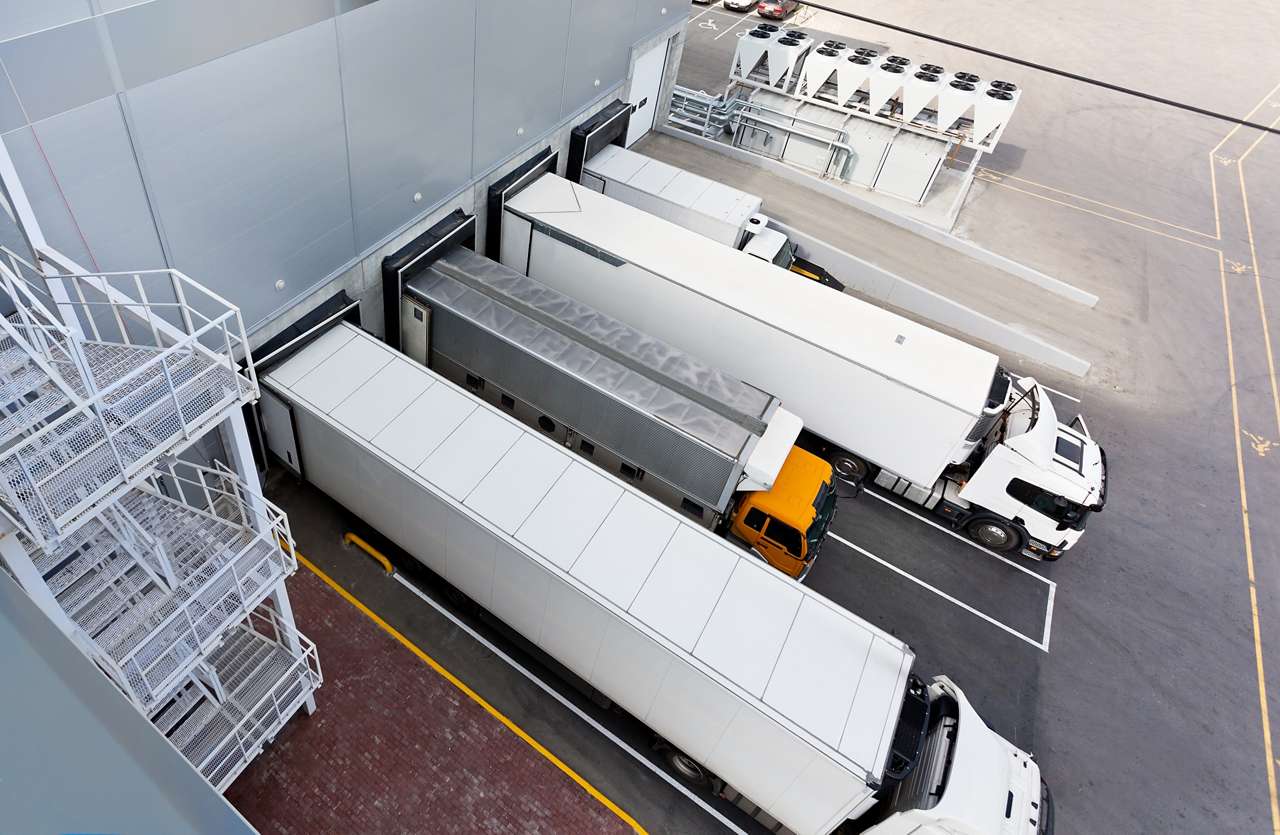
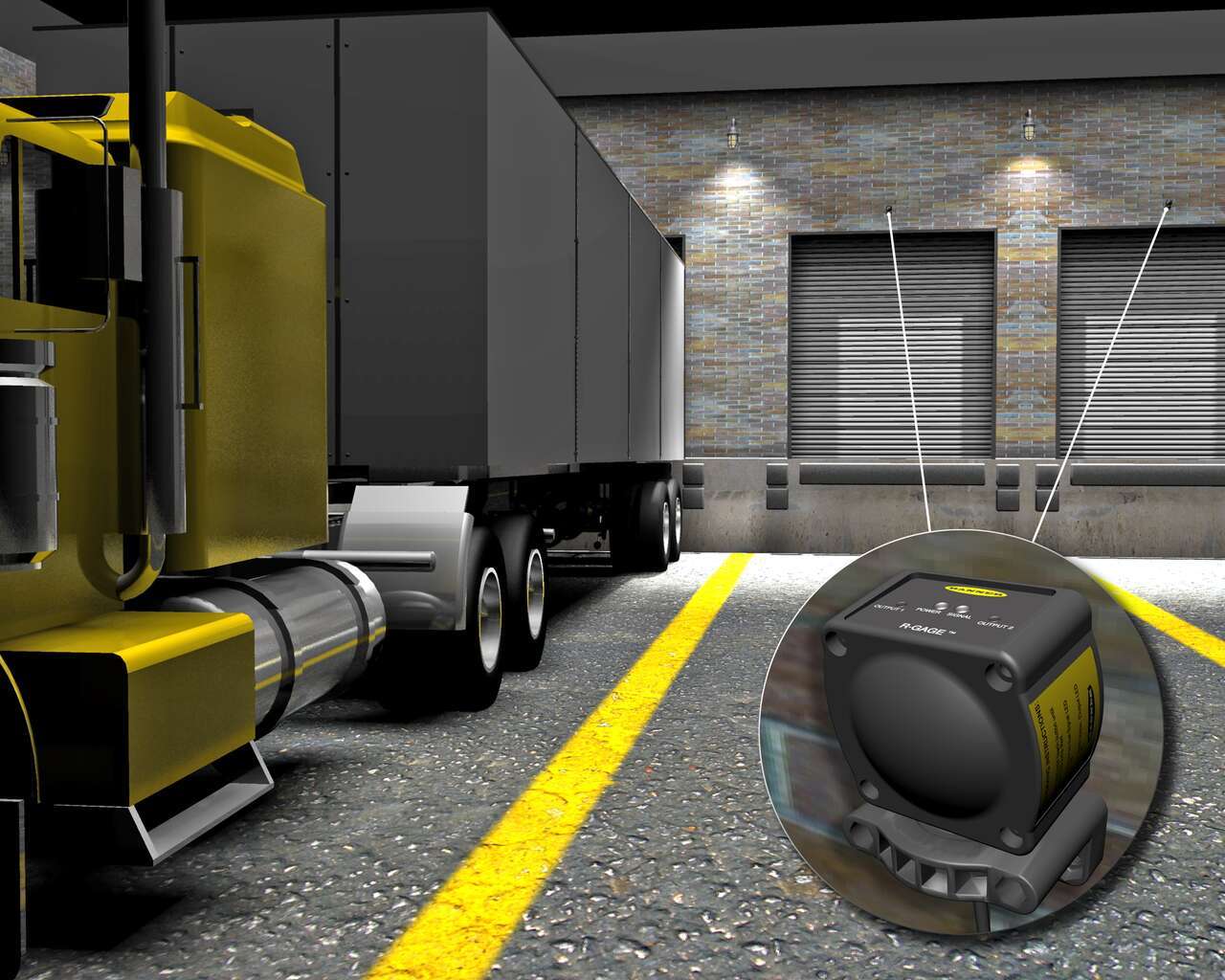
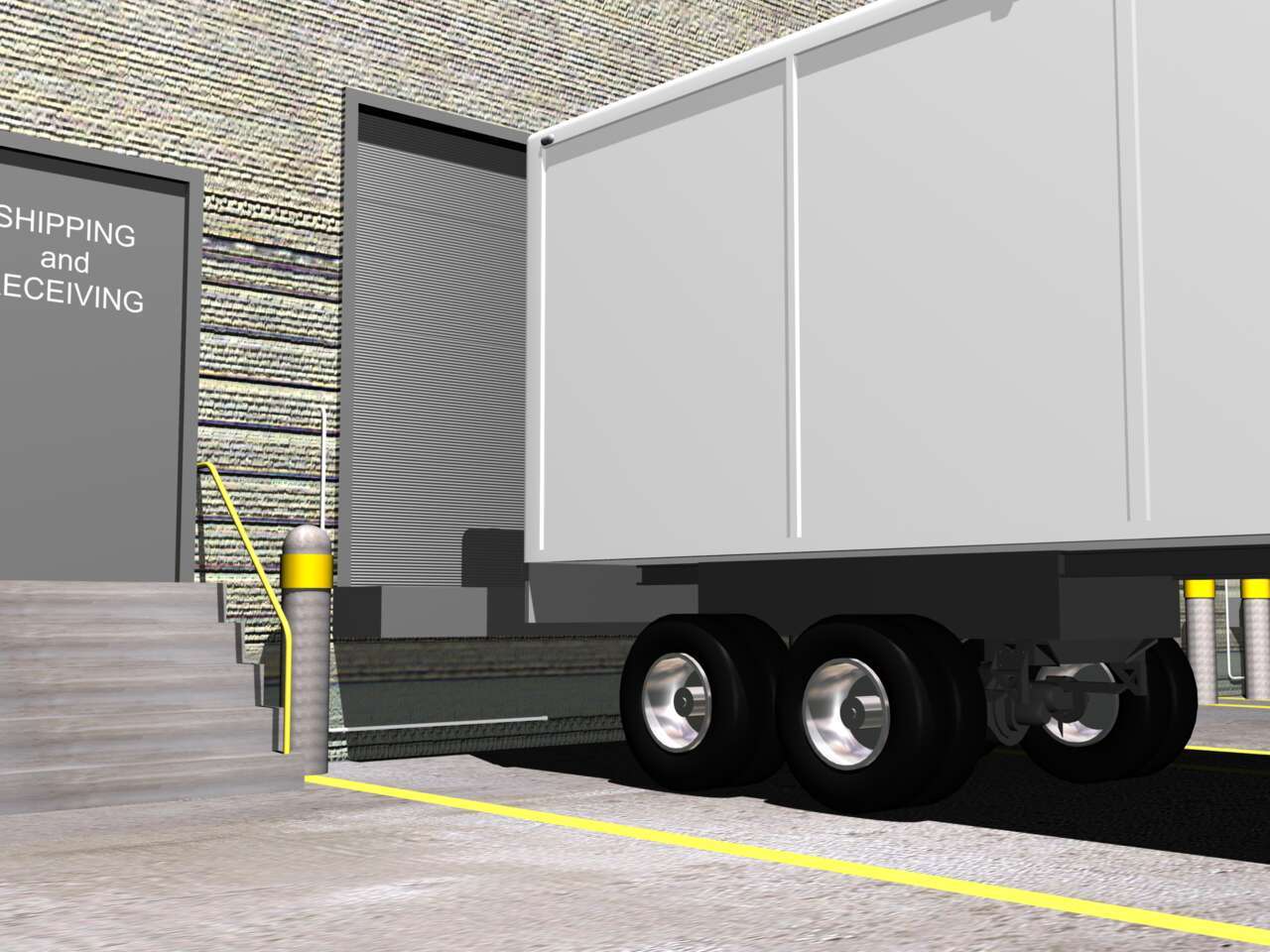
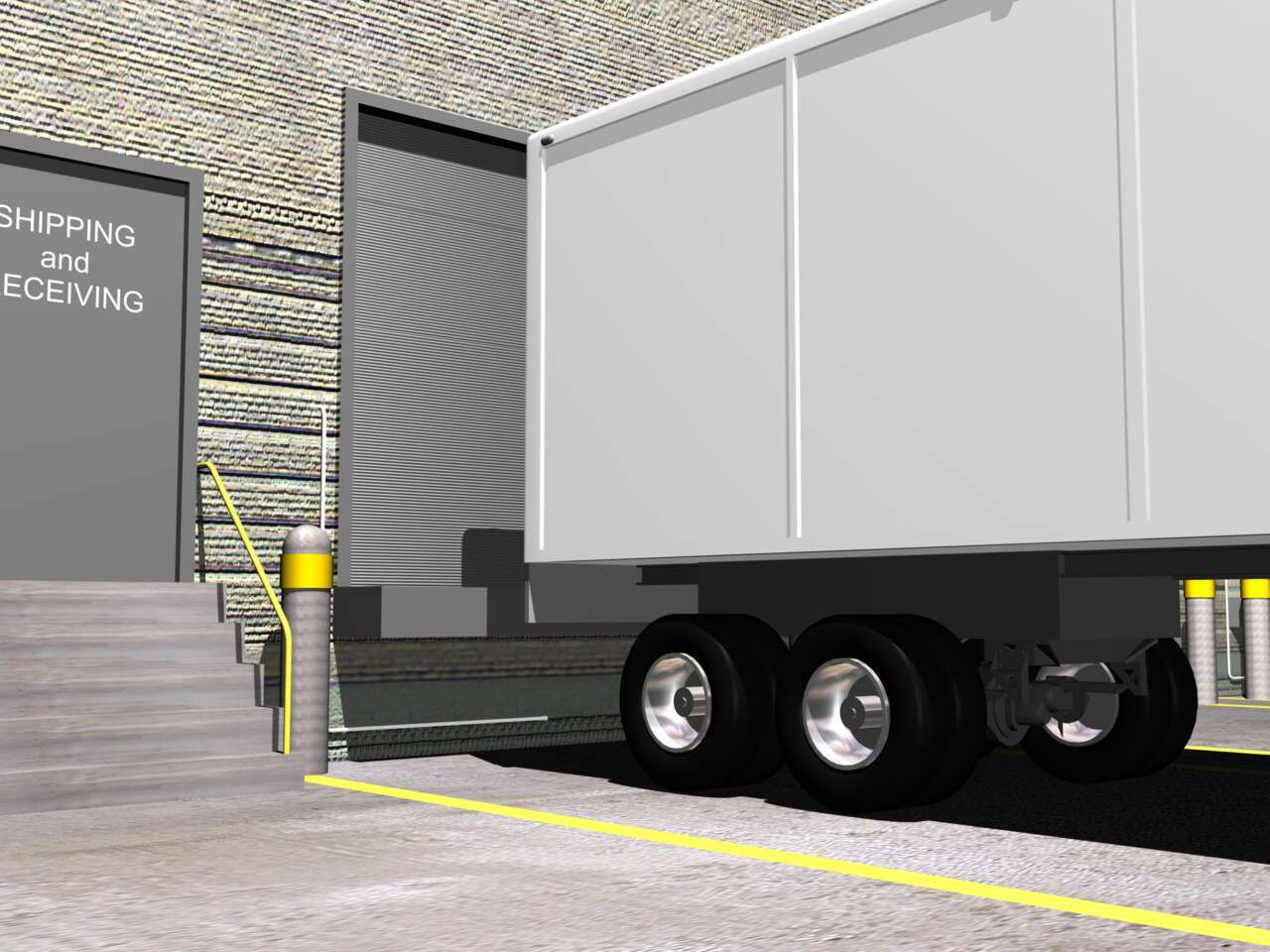
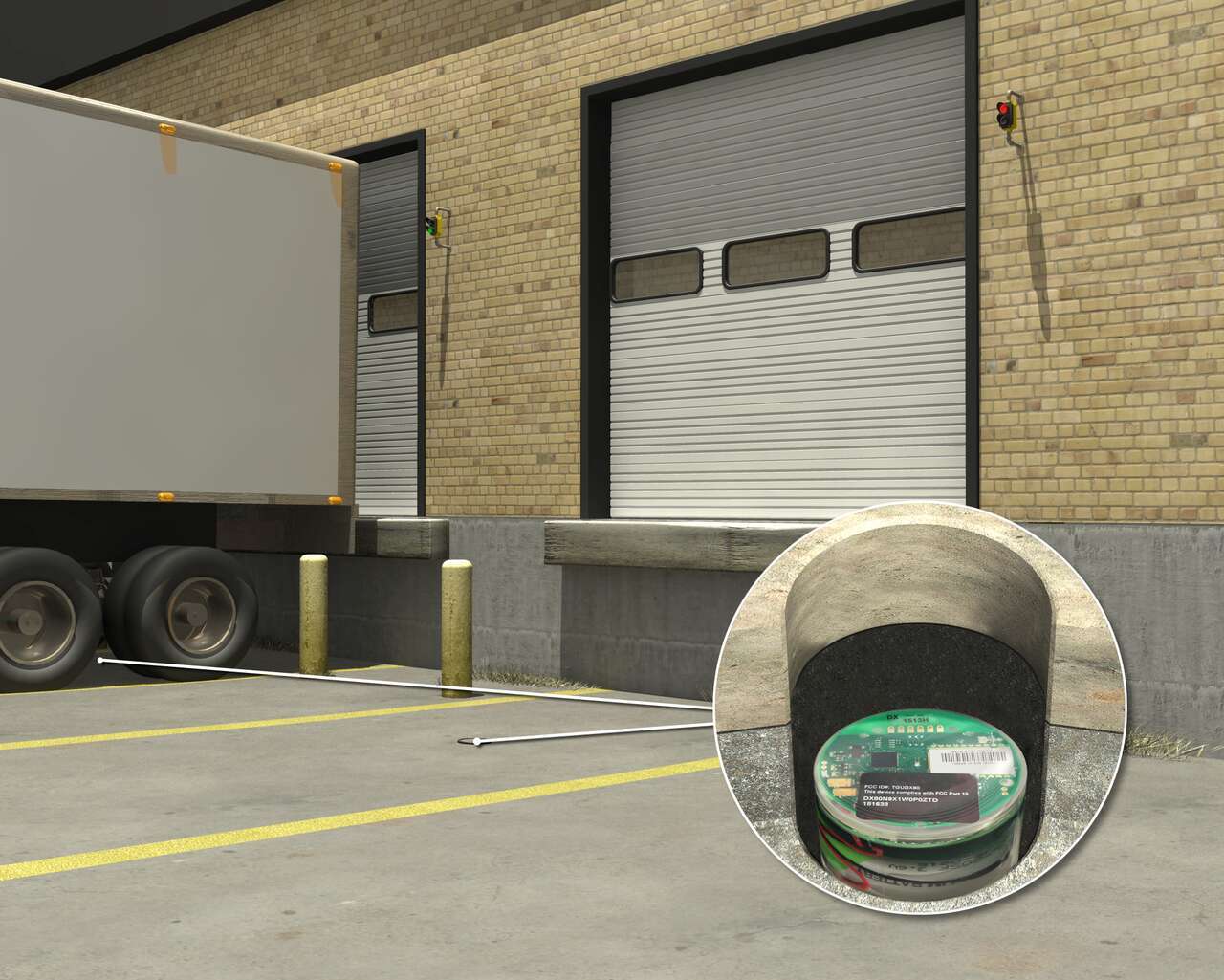
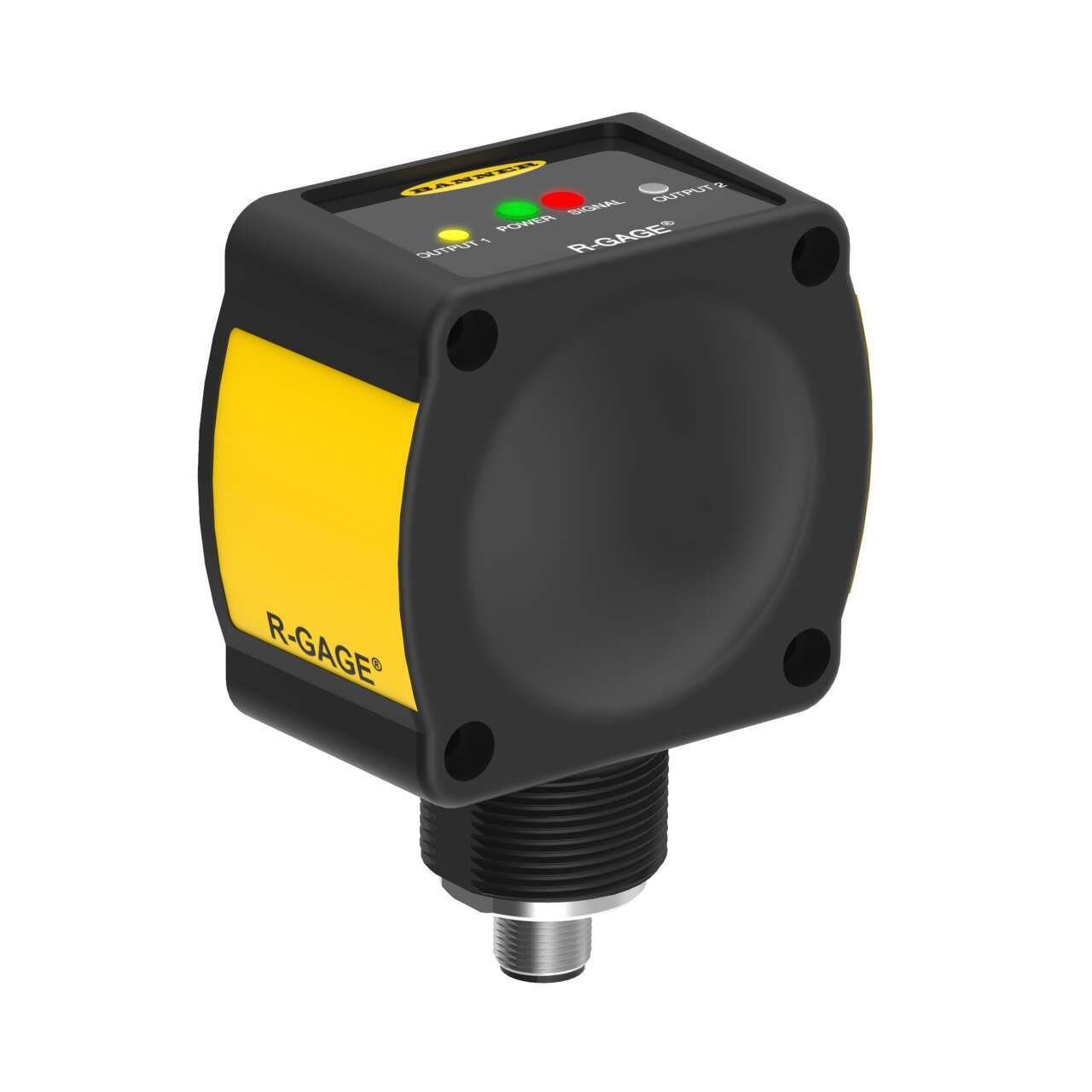
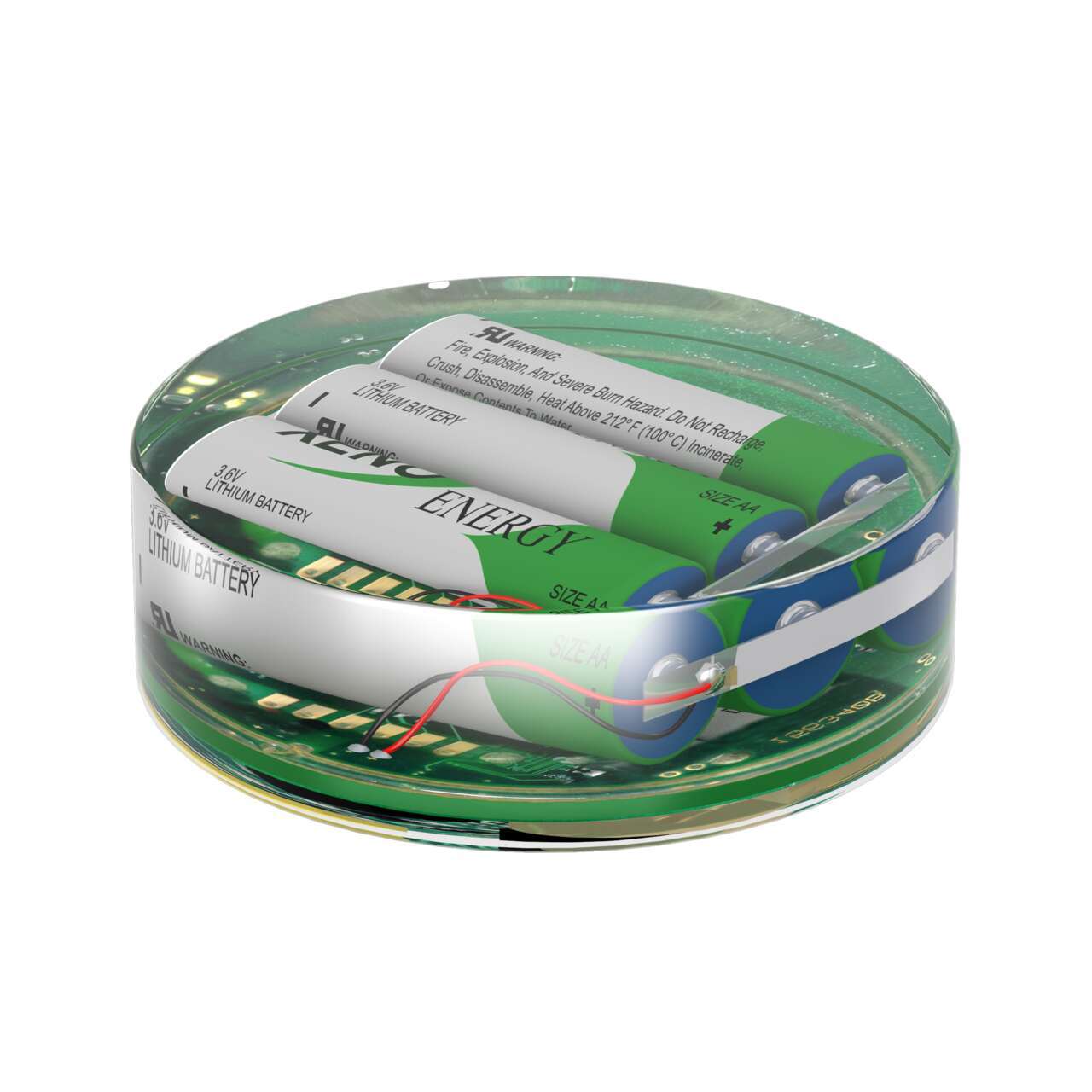
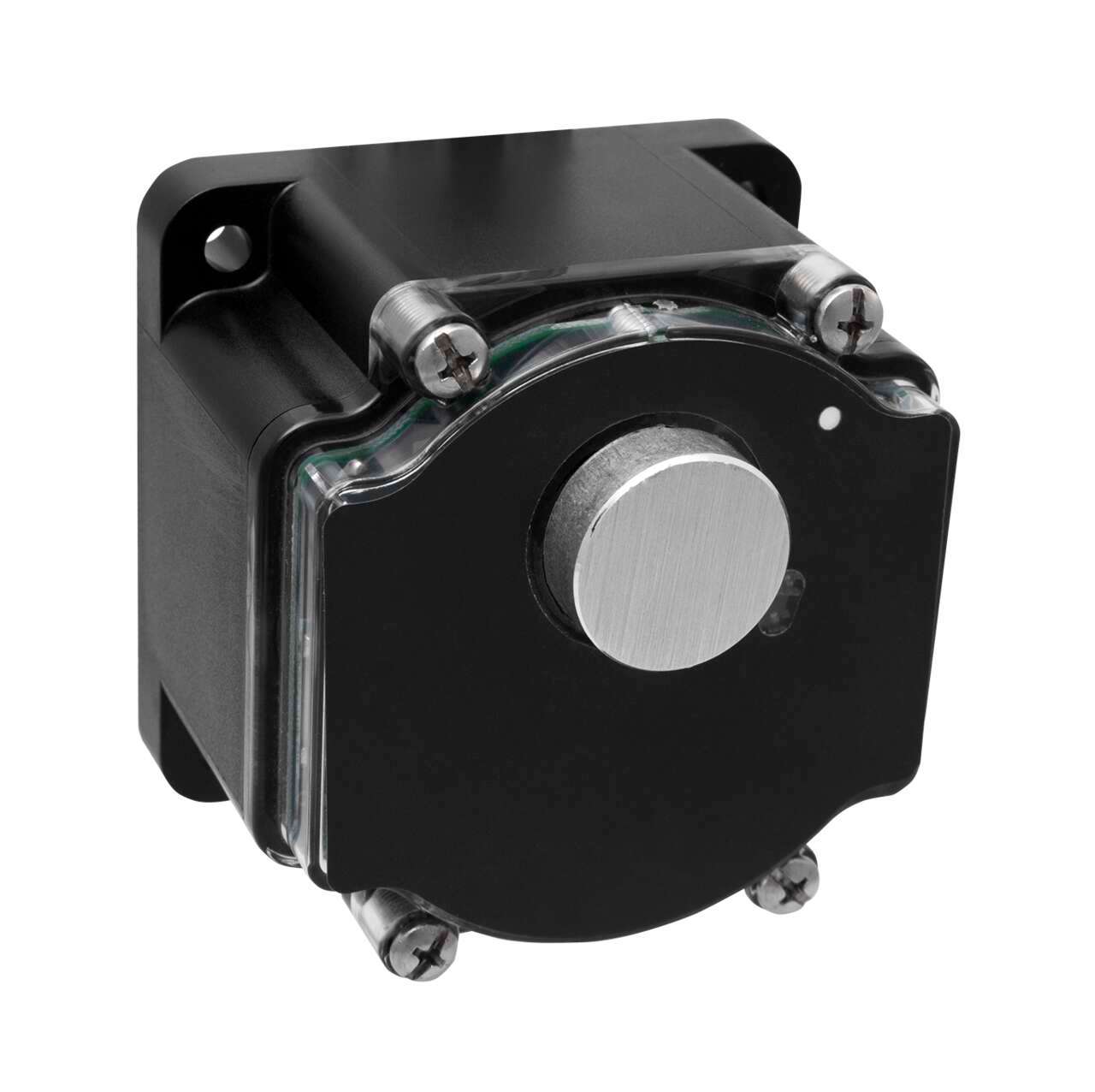




![Aumente el Negocio de Auto-Servicio con la Detección Inalámbrica de Vehículos [Caso de Éxito]](/content/dam/banner-engineering/photography/general---stock-photography/stock_photo_new/shutterstock_38753656-orange.jpg/jcr:content/renditions/cq5dam.thumbnail.319.319.png)
